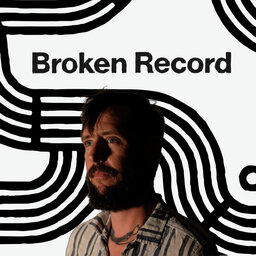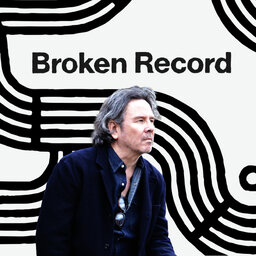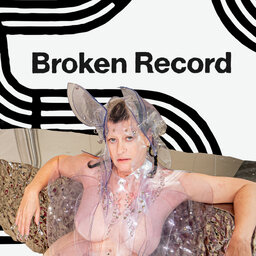Andrew Bird + Jimbo Mathus
Listening to Jimbo Mathus and Andrew Bird’s new album, These 13, is like taking a trip down South … a century ago. It’s new territory for Andrew Bird, a classically trained multi-instrumentalist from the Chicago suburbs who’s been a successful indie folk singer/songwriter and also recently acted on the fourth season of Fargo. But for Jimbo, as a Mississippi resident, some of this music can hit too close to home. Surrounded by the ghosts and old battlefields of the Civil War, some songs he finds almost too hard to sing. In 2018 Andrew and Jimbo started exchanging voice memos and new song ideas. Over the course of two years they recorded their new album the really old fashioned way—live to tape, singing into a single microphone.
Subscribe to Broken Record’s YouTube channel to hear old and new interviews, often with bonus content: https://www.youtube.com/brokenrecordpodcast and follow us on Twitter @BrokenRecord
You can also check out past episodes here: https://brokenrecordpodcast.com/
Check out a playlist of our favorite Andrew Bird + Jimbo Mathus songs HERE — enjoy!
Learn more about your ad-choices at https://www.iheartpodcastnetwork.com
 Broken Record with Rick Rubin, Malcolm Gladwell, Bruce Headlam and Justin Richmond
Broken Record with Rick Rubin, Malcolm Gladwell, Bruce Headlam and Justin Richmond


